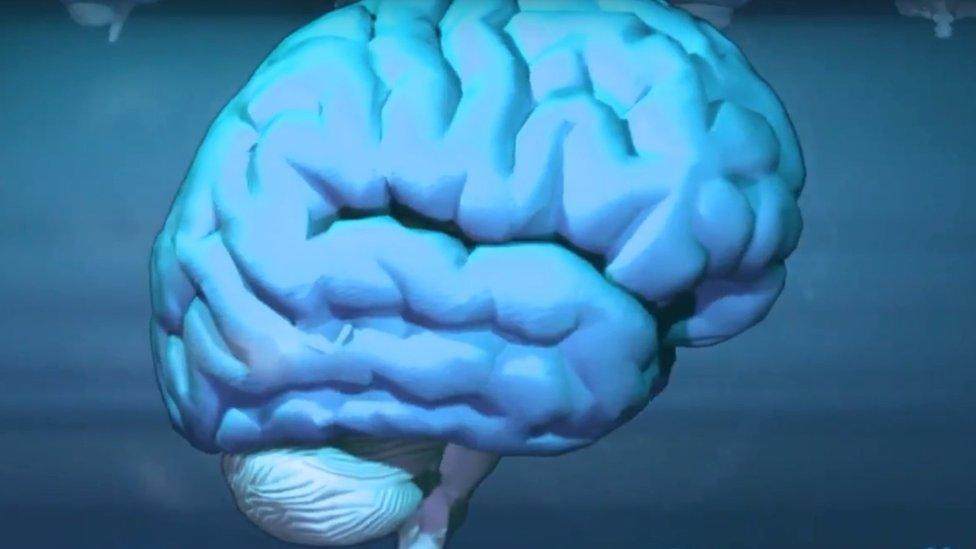Aberdeen and Mysore brain scans in Alzheimer's study
- Published

The work in India will allow scientists to compare lifestyle factors with those found in Aberdeen
Researchers are to compare brain scans from people in Aberdeen with those of people in the Indian city of Mysore in a new study into Alzheimer's.
Scientists at the University of Aberdeen will examine existing data from Aberdeen and scans of two birth cohorts in Mysore.
They will study how differences in culture, education and nutrition my affect brain ageing.
The Medical Research Council (MRC) is providing £200,000 of funding.
Prof Alison Murray, the director of the University of Aberdeen Biomedical Imaging Centre, said: "This project has great potential to allow us to see how where you are born and live impacts on your brain health as you get older.
"Comparing two cohorts from two different continents will give us an excellent opportunity to see how the, sometimes quite radical, differences in lifestyle, nutrition, education and occupation among many other factors can affect 'cognitive reserve' which protects your brain against decline.
"It will be particularly interesting to see if the fact that those in the Indian cohort can speak at least three languages helps to keep their brain in good shape as they age."

Data already gathered in Aberdeen will be used in the study
The initial study will use scans from 100 people in India, with plans to use the results to apply for funding for a bigger study later.
The MRC funding covers four pilot projects.
The Indian government has identified the need to reduce mental illness and cognitive decline as major healthcare priorities.